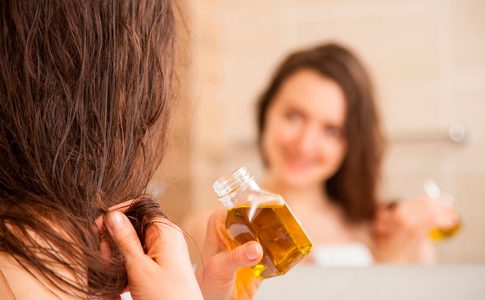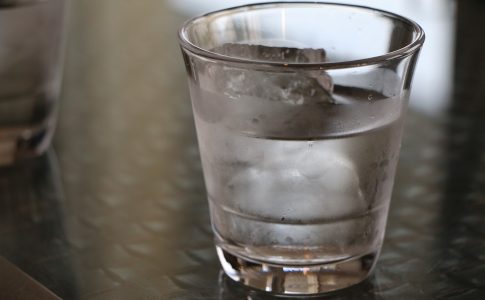Not only has a vegan diet become one of the latest trends to follow, it has made claims to have major health benefits such as lowering the risk of type 2 diabetes. Vegans eliminate harmful foods from their diet, which will mainly consist of raw fruits and vegetables, grains and nuts. As meat, seafood and dairy are some of the principal food groups avoided in a vegan diet, there are certainly many vitamins and nutrients that vegans will be lacking from what they consume. This includes vitamins for a healthy liver, vitamins for healthy skin and vitamins to improve eyesight.
Vitamin A, B and D Deficiencies For Vegans
As a fat-soluble vitamin, vitamin A is important to the immune system, fertility and vision. For vegans, vitamin A is lacking in the diet as it mostly comes from poultry, seafood and eggs. It is said that vitamin A is present in plant-based foods but meat and animal products are the only source of pure vitamin A for the body. As oranges, carrots and kale are appropriate foods for getting this vitamin into your body on a vegan diet, they actually contain beta-carotene which is then converted to vitamin A. This means that vegans require up to 6 times as much beta-carotene to equal the amount of vitamin A found in non-vegan foods.
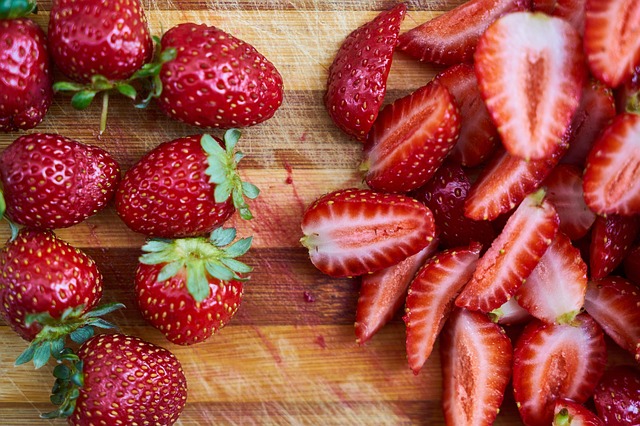
Vitamin B12 is required for the synthesis of DNA and for keeping blood cells healthy. It is naturally found in most animal-based products that would be lacking in a vegan diet. Dairy and beef are both big sources of vitamin B12 that vegans will avoid as it is digested by animals through the soil. Cereals, rice milk and soy products like tofu are all good options for vegans to maintain their vitamin B intake. Low levels of this vitamin in the body have been related to anemia and fatigue so it is important for vegans to consume vitamins in any way they can.
It is commonly known that the sun is the best source of vitamin D, meaning that vegans may only have the option of sunbathing in order to replenish this vitamin in their body. Vitamin D is needed for calcium absorption, the immune system and for healthy bones and joints. Vitamin D is important for the body and is mostly found in shrimp, salmon and full-fat dairy products that vegans are unable to eat. Before taking any vitamin D supplements, vegans should consult with a health professional.
What vitamins and minerals are lacking in a vegan diet?
For the best protein source for a vegan diet, grains and legumes will be able to provide what the body needs as the main sources of protein come from meat and fish. Protein helps the body to repair cells and vegans can consume protein through quinoa, lentils, seaweeds, nuts and seeds such as chia.
Vegans will tend to have lower calcium levels due to the lack of dairy products in their diet. Calcium is important in blood clotting, strong bones and teeth and for the nervous system. Foods such as spinach, broccoli and almond butter are effective ways to include calcium in a vegan diet.
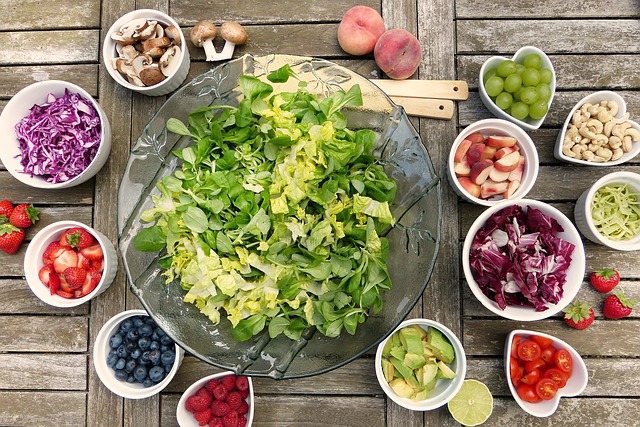
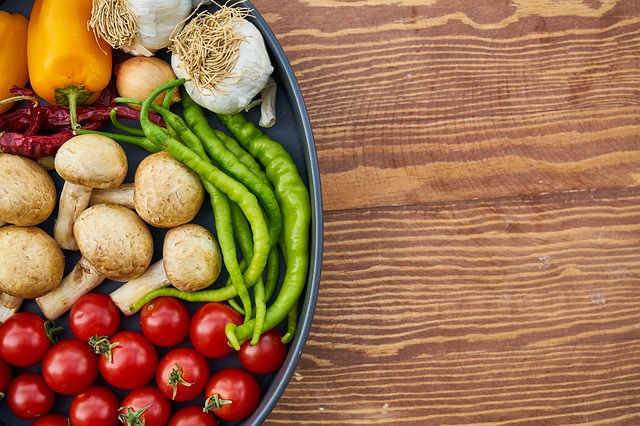
Iron in red meat is the most easily absorbed form of the nutrient so it is common for vegans to have low levels of iron in their bodies. Iron is needed for blood production and is found in your red blood cells and muscles. As this nutrient is mostly found in animal-based products, vegans can still get enough in their body through eating dark leafy greens, chickpeas, black beans, seeds and nuts.
Vegans can still absorb vitamins and nutrients needed for their body through increasing their consumption of other plant-based foods that provide what is required for a healthy diet.

